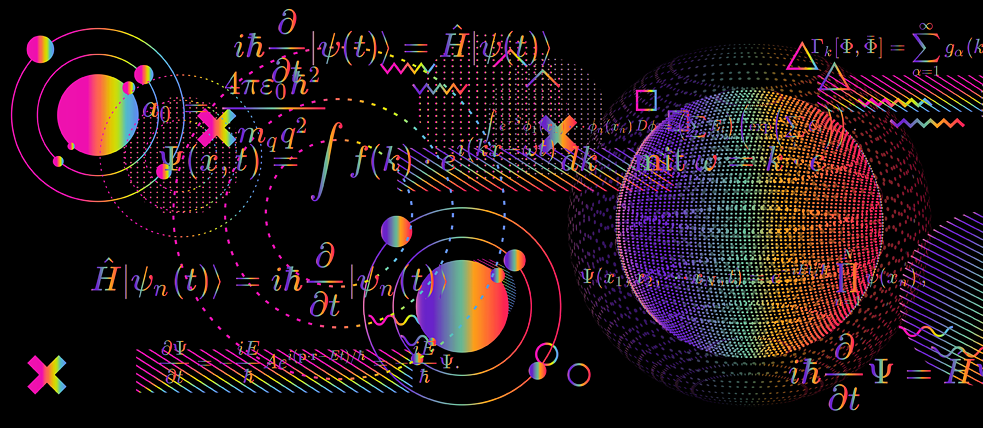INTERVIEW WITH EMILY HAWROTH
Could Quantum Computers Save the Climate?

In the near future, quantum computers could contribute significantly towards the development of clean technologies. Could is the operative word – you see, it’s not yet certain whether a sufficiently robust computer of this type can be built in the next ten to twenty years. We spoke to quantum expert Emily Haworth from the Technical University of Munich about the potential of a “quantum leap” – and why we’re better off not relying on it.
By Johannes Zeller
Ms Haworth, what is the potential of quantum computing?
Quantum computers function in a fundamentally different way from traditional computers, they work more like nature. So hopefully we can use them to understand better how nature functions. We have discovered that quantum computers are outstanding at factorising numbers and can solve certain problems very fast. Basically they could one day crack modern encryption – in other words all of our current coding technologies – in an instant. But there are also countless positive ways it could be used, for example in relation to optimisation and reduction of emissions.
How can we visualise the concept of quantum computers working “like nature”?
With classic computing, programming is based only on ones and zeros. But we know that things aren’t that simple in nature. It’s never solely binary; everything moves on a scale. And that’s how quanta work: they exist as a probability between 0 and 1. In quantum technology the computers themselves are the quantum systems, and just like nature they tend towards the solution that requires least energy.
Is it correct that a calculation that takes 2.5 days on a supercomputer could be performed within 200 seconds on a quantum computer at a fraction of the energy costs, as a researcher has calculated?
Yes, we are potentially seeing a significant energy advantage with quantum computers. Quantum physics has different thermodynamics from standard physics. Quantum is a kind of reversible calculation, so less heat is dissipated in the process. Today’s computer networks need huge amounts of energy – quantum computers might have the potential to reduce this significantly.
In what other way could quantum technology be used to reduce carbon emissions?
First of all we should look at the sectors in which decarbonisation has been most difficult. For example transport: quantum technology could be used not only to make various logistical processes more efficient, it could also be very useful for improving things like battery technology. Theoretically quantum technology could even result in the creation of new materials as required – which would potentially provide us with more efficient solar cells, better catalytic converters, reduced energy consumption, new fuels such as green hydrogen, better construction materials and so on.
Do you believe that quantum technology will be a turning point in the fight against climate change?
We should definitely not rely on quantum computers or other new technologies to stop climate change, because the time factor is not on our side. We need to act within the next decade, and quantum technology will most likely not have reached its full potential in this time. For this reason we should focus on solutions already known to us at the moment rather than placing our hopes in future possibilities. For example we should concern ourselves with reforestation instead of waiting for new carbon capture technologies. However it looks as though climate change is going to be a long-term problem – and in future there will certainly be plenty of application potential for quantum technology in this field as well.
How long do you think it will take for the first quantum technologies to be used in practical applications?
Although we’re doing our best, no one is prepared to offer a realistic forecast at the moment. I’d say that we’re still more than a decade away from that point.
What are the biggest challenges you have had to tackle so far?
The hardware we’ve been using to perform the quantum algorithms generates too much noise for us to find out the answer. We have to find ways of getting the hardware and software to meet in the middle, so to speak. We can do this by developing software that can handle the noise better, and by improving the hardware with the goal of eliminating the noise. In other words: we already have precisely the right equations for modelling quantum systems, but calculating them using traditional methods is reminiscent of the “Deep Thought” supercomputer from Hitchhiker’s Guide to the Galaxy – it would need aeons and a very large computer. Instead a quantum system is ideally suited to modelling itself.